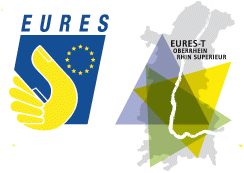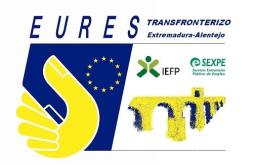EU internal border regions cover 40% of EU territory and are home to almost 2 million cross-border commuters according to the latest report on intra-EU labour mobility.
Nevertheless, cross-border workers may face a number of obstacles on a daily basis, such as different national practices, social security systems, taxation rules and legal systems. Employers in cross-border regions similarly face numerous barriers when recruiting staff across borders.
EURES cross-border partnerships help workers and employers overcome these obstacles under the umbrella of the European Social Fund Plus (ESF+).
See how EURES cross-border partnerships work and how they can support you in this short video:
EURES members and partners work together across borders to increase the ability of workers to work abroad and employers to enable this. Organisations that are not part of the EURES network may also participate if they can help in this regard. Partners usually include public employment services, employers’ groups, and organisations such as universities, business associations, trade unions and chambers of commerce or regional administrations.
EURES cross-border partnerships share information and advice for jobseekers and employers on working and recruiting/employing across borders, offer placement opportunities and provide pre- and post-recruitment services. Pools of experts are available to support workers at each stage of their career and answer any questions they may have about the practicalities of working across the border.
EURES cross-border partnerships also monitor the flows of workers across their respective borders and the development of the job market and identify obstacles that may hamper the free movement of workers within the regional cross-border job market.
In 2024, 2025 and 2026, 6 EURES cross-border partnerships, involving 8 EU countries receive ESF+ funding:
|
(Belgium, France, Germany and Luxembourg) |
|
|
EURES-T Oberrhein/Rhin supérieur (France, Germany and Switzerland) |
|
|
(Italy and Slovenia) |
|
|
(Spain and Portugal) |
|
|
(Spain and Portugal) |
|
|
EURES-T Norte de Portugal-Galicia (Spain and Portugal) |
|
|
In addition, partnerships are active without EU financial support or with different EU funding models: |
|
|
(Czechia, Poland and Slovakia) |
|
For further advice on job opportunities in your region, search for EURES Advisers by cross-border partnership.











